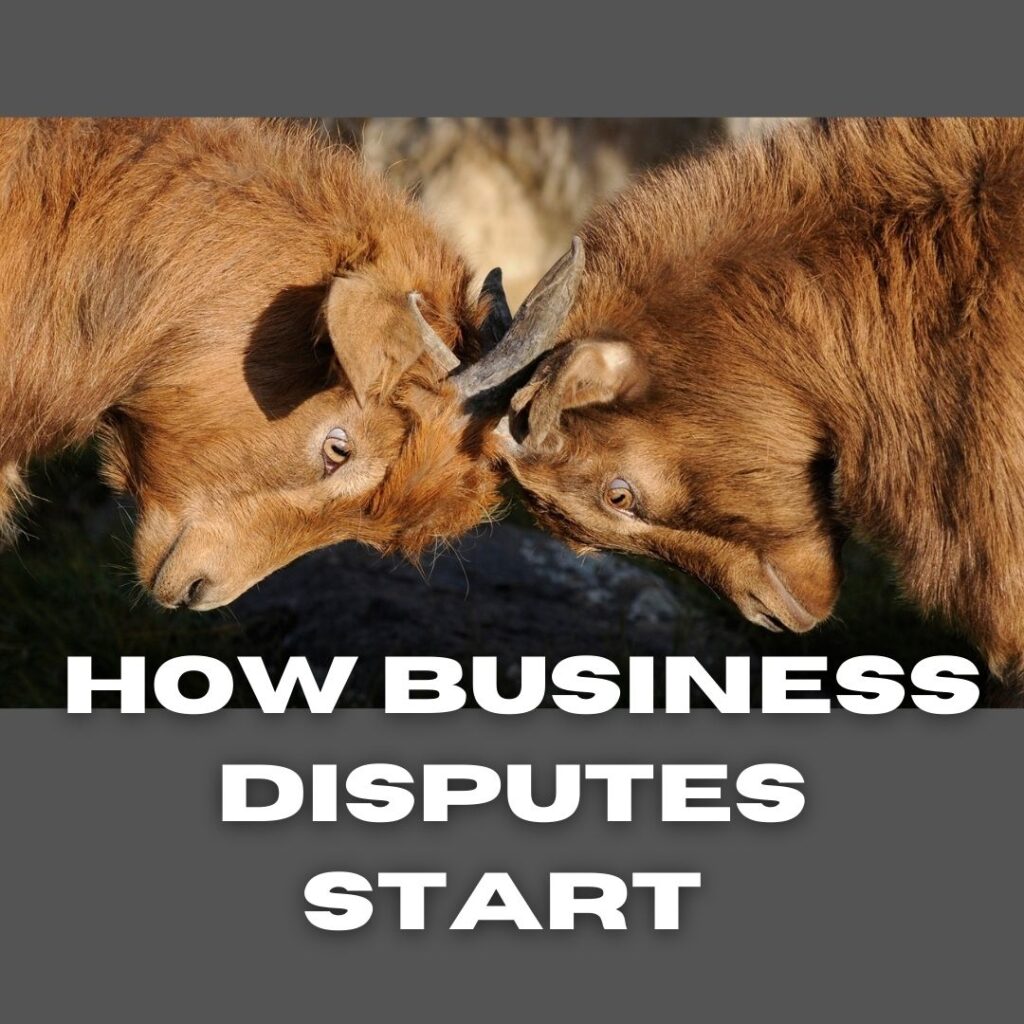The reasons an owner dispute is triggered are never the same. Having handled several member and shareholder litigations, none of the disputes started the same way or involved the exact same circumstances. There are, however, some common themes that oftentimes lead to a dispute between owners. Usurpation of corporate opportunities, shareholders/members standing on both sides of a transaction, and breaches of fiduciary duties are the most common reasons to start a war among members.
Usurpation of corporate opportunities.
The law as to corporate opportunity has been stated as follows:
“when there is presented to a corporate officer a business opportunity which the corporation is financially able to undertake, and which, by its nature, falls into the line of the corporation’s business and is of practical advantage to it, or is an opportunity in which the corporation has an actual or expectant interest, the officer is prohibited from permitting his self-interest to be brought into conflict with the corporation’s interest and may not take the opportunity for himself.”
The essential ingredients to finding that a corporate opportunity has been usurped are: (1) that the opportunity is either essential to the corporation or is one in which it has an interest or expectancy; (2) that the corporation is financially able to take advantage of the opportunity itself; and (3) that the party charged with taking the opportunity did so in an official rather than individual capacity. A claim that a corporate opportunity has been wrongfully taken is wholly dependent upon the facts presented.
Owners on both sides of the transaction.
Controlling owners standing on both sides of a transaction bear the burden of proving the entire fairness of the transaction.
The demonstration that is required by the individual standing on both sides of the transactions encompasses two concepts of fairness: fair dealing and fair price. The former embraces questions of when the transaction was timed, how it was initiated, structured, negotiated, disclosed to the directors, and how the approvals of the directors and the stockholders were obtained. The latter aspect of fairness relates to the economic and financial considerations of the proposed merger, including all relevant factors: assets, market value, earnings, future prospects, and any other elements that affect the intrinsic or inherent value of a company’s stock. However, the test for fairness is not a bifurcated one as between fair dealing and price. All aspects of the issue must be examined as a whole since the question is one of entire fairness.
Breaches of fiduciary duties.
The law imposes upon the participants in a fiduciary relationship the highest standards of integrity and good faith in their dealings with each other. In a closely held business, members have a fiduciary duty to deal openly, honestly and fairly with other members. Each business owner has a corresponding fiduciary duty. The corresponding fiduciary duties owed by members may include:
- Fiduciary Duty of Loyalty
- Fiduciary Duty of Disclosure
- Fiduciary Duty to Not Compete
- Fiduciary Duty of Honesty
- Fiduciary Duty of Care
- Fiduciary Duty to Act within Reasonable Expectations of the Owners
- Fiduciary Duty to Not Convert a Business Asset to Personal Use
- Fiduciary Duty to Share Business Opportunities.
The above are the frequently asserted claims or reasons why the business relationship has deteriorated to the point of litigation between owners, but each circumstance is unique and requires attention to detail on whether there are viable claims and how to handle the same.


